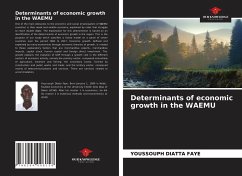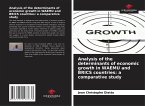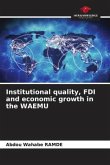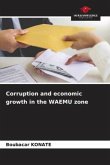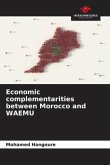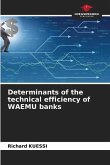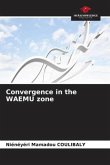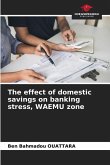One of the main obstacles to the economic and social emancipation of WAEMU countries is their weak and volatile economy, explained by rates that struggle to reach double digits. The explanation for this phenomenon is based on an identification of the determinants of economic growth in the region. This is the purpose of our study which specifies a Solow model on a panel of seven countries over the period 1960 to 2017. Economic growth, defined and explained by many economists through economic theories of growth, is related to these explanatory factors that are merchandise exports, merchandise imports, capital stock, human capital and foreign direct investment. This growth explains the evolution of GDP through a growth rate in the different sectors of economic activity, namely the primary sector, composed essentially of agriculture, livestock and fishing; the secondary sector, formed by construction and public works and trade; and the tertiary sector, composed mainly of telecommunications and services. There are services related to accommodation,

